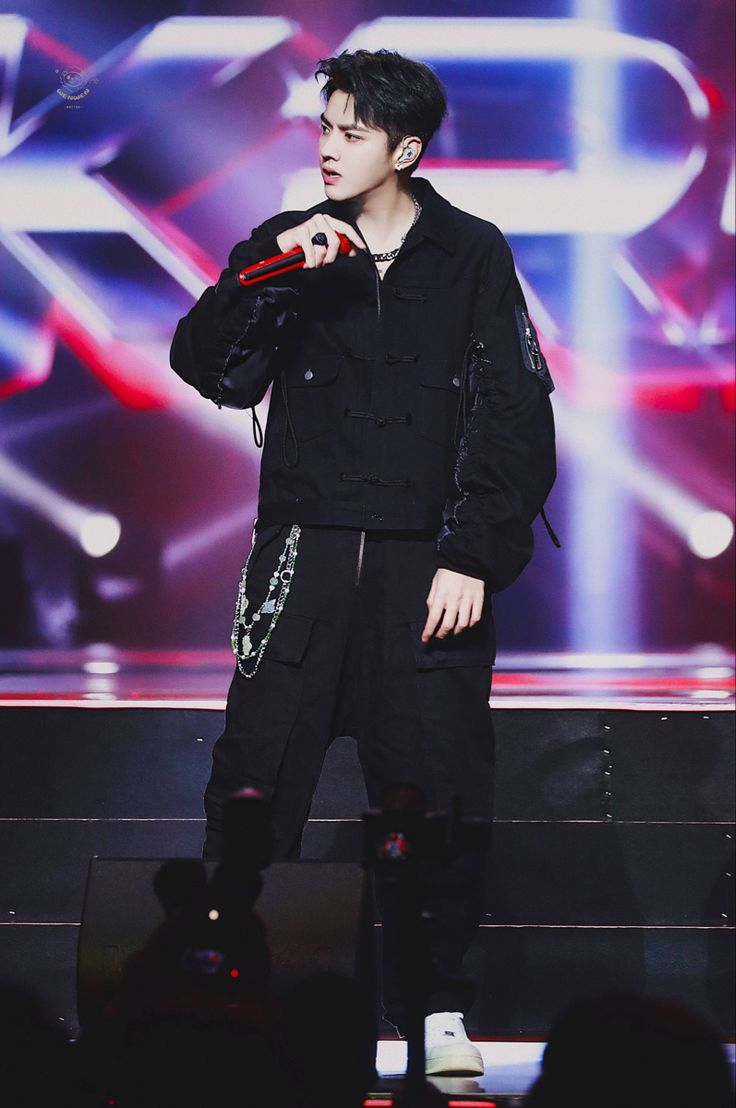Chinese Canadian rapper and pop star Wu YiFan, professionally known as Kris Wu, was tried for rape charges in a secret trial in Beijing, conducted 10 months after his arrest.
Wu was accused of sexually assaulting a 17-year-old teenage beauty influencer Du Meizhu, and was formally arrested and charged in August last year. Soon after his arrest, Du alleged that he had done the same to many women including two minors, who reached out to her and shared their experiences of being lured by Wu.
The pop star continued denying the charges, but an official statement by the Chaoyang District People's Procurator in Beijing approved his arrest after investigating the case "in accordance with the law."

The trial was kept a secret so as to protect the privacy of the victim, according to Chinese state media reports, the charges include rape and 'group licentiousness.'
As per Chinese laws, the crime of rape normally carries a sentence of between three and ten years, but in cases of statutory rape and other similar circumstances, it may lead to life imprisonment or even the death penalty, South China Morning Post reported.
The crime of group licentiousness, simple explained as group sex involving three or more participants over the age of 16, carries a five-year sentence which could be longer if there is an involvement of a minor. In China the age of consent is 14.
The Chaoyang District People's Court will announce the sentencing at a later date, as per state media reports.

According to Variety, Wu was born in China but has Canadian nationality. Along with being one of the biggest superstars in China, he was also very well-known in South Korea and Japan.
Former member of the K-pop boy band Exo, Wu was a permanent fixture on TV as a judge as well as a mentor for shows like The Rap of China. The pop star was among the most sought-after models for various foreign luxury brands too.
While his high-profile arrest shocked his loyal fan base but, it also provided an opportunity to wash off the celebrity-worshipping culture in the country. The official state media saw this opportunity as a chance to present the incident as an example of China's strong rule of law.








